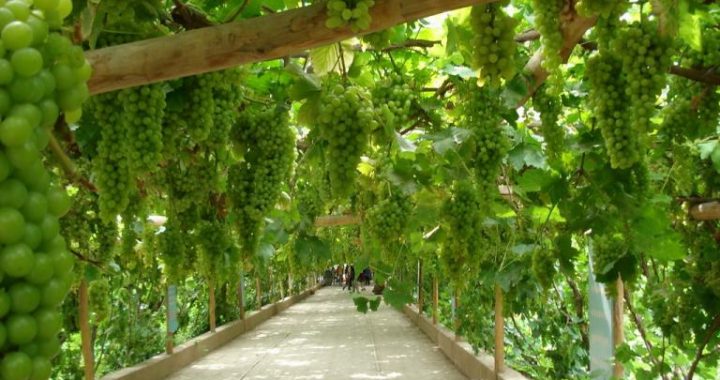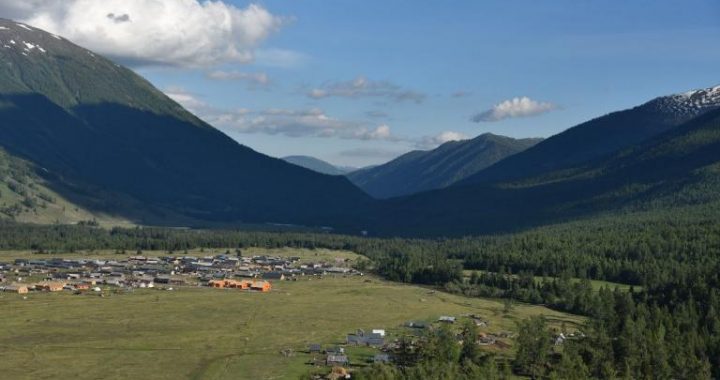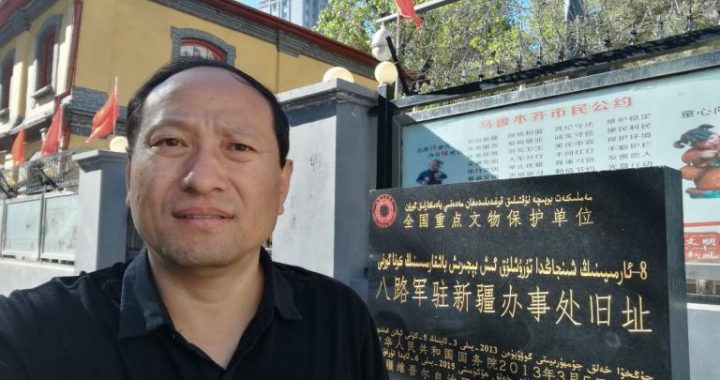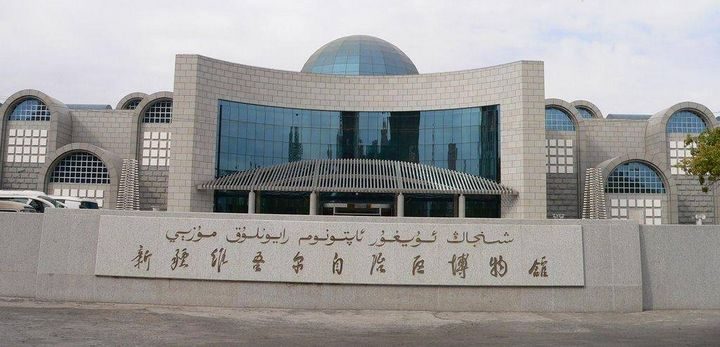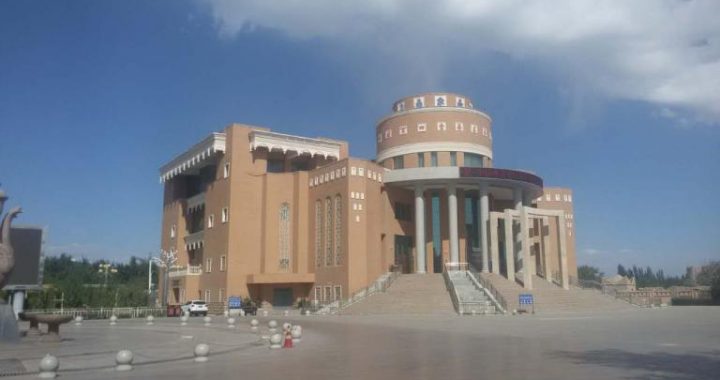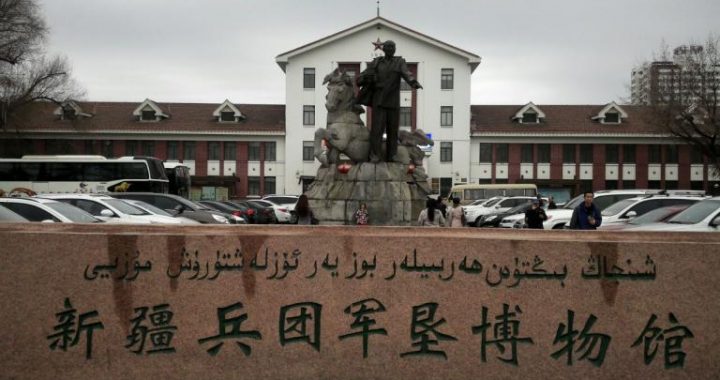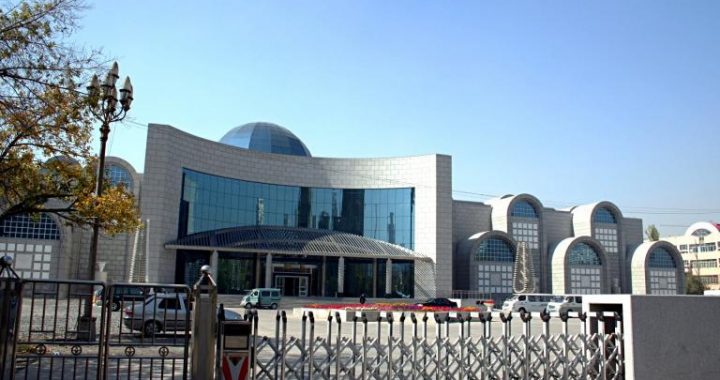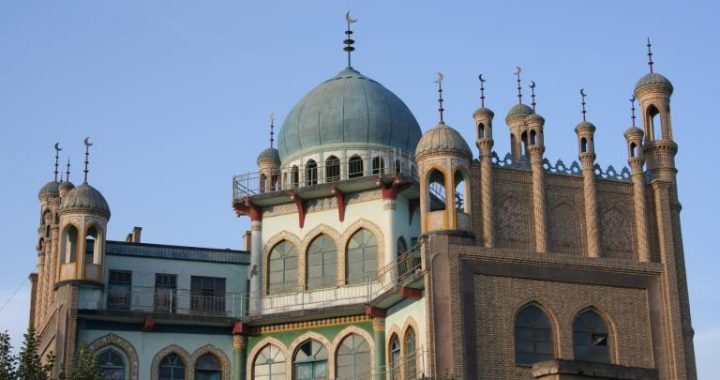Diverse Naming Customs
4 min readSurname witnesses the inheritance of a family, and surnames of various ethnic groups in Xinjiang are no exception. Ethnic groups such as Uygur, Kazak, Kirgiz, Tajik, Uzbek and Tartar implement the inverse patronymic linkage naming system that a child’s name is made of his or her own name and father’s name, and his or her own name is put before the father’s name. For example, in “Omer Tohti”and “Aynur Hesan”, Omer and Aynur are the children’s own names, and Tohti and Hesan are fathers’ names. The father’s name is usually omitted for short. Some suffixes are added to indicate their social status, thecourtesy title of the profession, or physiological feature. These ethnic groups don’t continue using the settled surnames; therefore, their fathers’ names can be only added after children’s names without such expressions like Generation Ⅲ, Generation IV and so on. Kazak men’s names are added with “uli” (son of) after the father’s name, and Kazak women’s names are added with “kizi”(daughter of). For example, in”Yasen Kumaruli”and “Muheyat Merzakankizi”, it means that Yasen is the son of Kumar, and Muheyat is the daughter of Merzakan.

Due to the influence of Islam, Uygur and Uzbek often use Arabic and Persian names, such as Ablet(the servants of Allah), Abdirxit(servants showing the right way), Marriam(prayer), Sadzide(women worshipping Allah sincerely), and so on. Furthermore, they like using heavenly objects and substance, four seasons, flowers, animals or Uygur vocabulary reflecting the characteristics of times to make a name, such as Erkin(free), Dolkun (high tide), Behtiyar(happiness), Yolwas(tiger), Gulbahar(spring flowers), etc. After the Uygur people’s name,”ahun”,”jan”,”bay”and “kari”are always adopted in men’s names, while “han”,”gul”and “kiz”are adopted in women’s names. These intimate specific names represent for different ages or identities.
Kazak names enjoy rich sources. They may come from the Koran and past sage’s names; the names of heroes from their own or other ethnic groups; the names of fierce animals; the names of important places; the names of great events in history or in modern time; the names of good meaning words; the names of common plants and animals; the names made according to appearances of newborn babies.. there are really many varieties.

In the past, Kazak had many ways to give a name. Firstly, when a new baby was born, the name would be determined by the thing that the father first glimpsed. If it was an eagle, the baby’s name would be”Burket”. Secondly, parents prepared many names firstly. After the baby was born, they would use the steel covered with tinder to hit the fire-stone to make a fire. At the same time, they called the prepared names. As soon as getting the fire, the name that was read out would be the baby’s name. The Kazak people believed that the fire was the symbol of light and the name being read out when the fire started burning would bring good luck to the baby. Thirdly, if there was a visiting guest when the baby was born, the guest’s name would be adopted to appreciate the guest bringing good luck to the baby. Fourthly, if the baby was born when the family was on the moving, the birthplace would be used as the baby’s name. Fifthly, the baby’s name was chosen from the characters’ names in the Koran or famous ancestral names. Sixthly, when the baby was born, the parents would invite a learned and respected elder from the tribe to choose a name for the baby. Currently, the naming ways of babies in Kazak have been simplified; the name is already decided before the baby is born. Several days after the baby is born, the parents usually prepare several names for respected elder to pick up one.
Xinjiang Mongolians usually invite a respected elder to name the children, and some also invite a Lama to name the children. Most Mongolian boys are named “Irgil”(happiness),”Bayir”(festival),”Batu”(strength),”Bayin”(richness),”Bartir”(hero, warrior) and”Biligtey”(wise man). Mongolian girls are mostly named after flowers, jades, the sun and the moon, such as “Naren”(sun),”Saren”(moon),”Odunen”(star),”Tsetseg”(flower),”Tana”(pearl) and “Hash”(jade).
Uygur and Kazak have a tradition that they often take a nickname for their friends or acquaintances according to their characters, appearances, professions, behaviors and hobbies. The nickname is usually added after the name, such as “Seken murt”(Seken moustache),”Ismajil mozduz”(shoemaker Ismail),”Partikan Uzen”(tall Partikan) and “Kasim rawap”, and so on.

